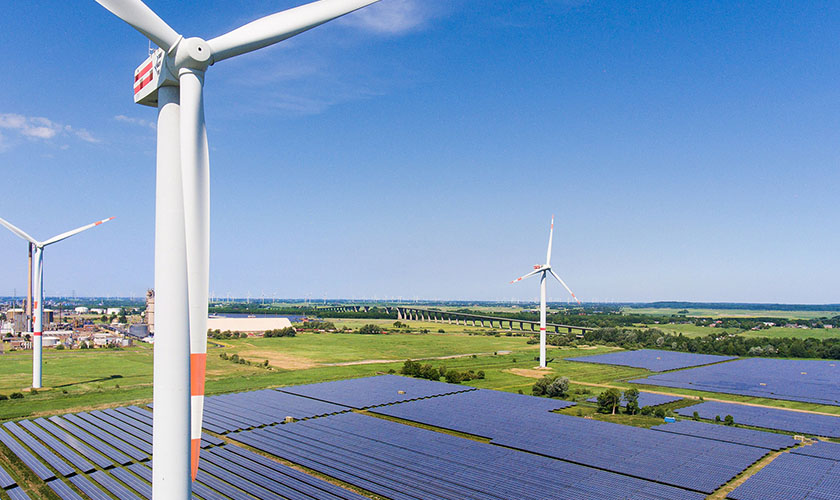Less than two years ago ACER, the agency for the cooperation of European energy regulators, concluded that the current market system was still the most effective because it minimised the purchase price of electricity while providing adequate coverage of the investment costs. Yet the European Commission is actively looking into measures that contradict its recommendations.
The Commission’s proposals are causing very strong concern among investors and threaten to slow the flow of capital needed to deliver new wind farms, solar parks and battery storage facilities.
Until now, the measures taken by the European Union to foster the buildout of renewables have worked well, within the limitations of the current permitting processes. The pay-as-clear market in which a uniform price is formed across different generation technologies has led to a steadily growing share of renewables in the energy mix. Investors have become comfortable investing in such a market-driven environment. The system is working well.
As a result, a high volume of renewable energy projects has been developed. The investors behind these projects manage substantial capital and are ready to invest further but will only do so within a reliable regulatory framework with a proven market mechanism. This is critical because every megawatt of renewable energy added lowers the average price of electricity.
The market has responded to the energy crisis with bilateral power purchase agreements (PPAs). These allow customers to secure long-term energy supply at fixed costs, while producers can rely on stable cash flows that can be reinvested into new projects. The Commission rightly wants to shield consumers from high energy prices, but this can be achieved by supporting the utilisation of PPAs for a bigger and broader spectrum of offtakers and does not require changing the current system.
In an environment characterised by peaking investment costs for the construction of renewables and by a desperate need for clean energy in Europe, changing the fundamental principles of the European market jeopardises the trust of investors and threatens not only to slow the pace of deployment, but could even detract capital to competing, more supportive renewables investment destinations outside of Europe.


